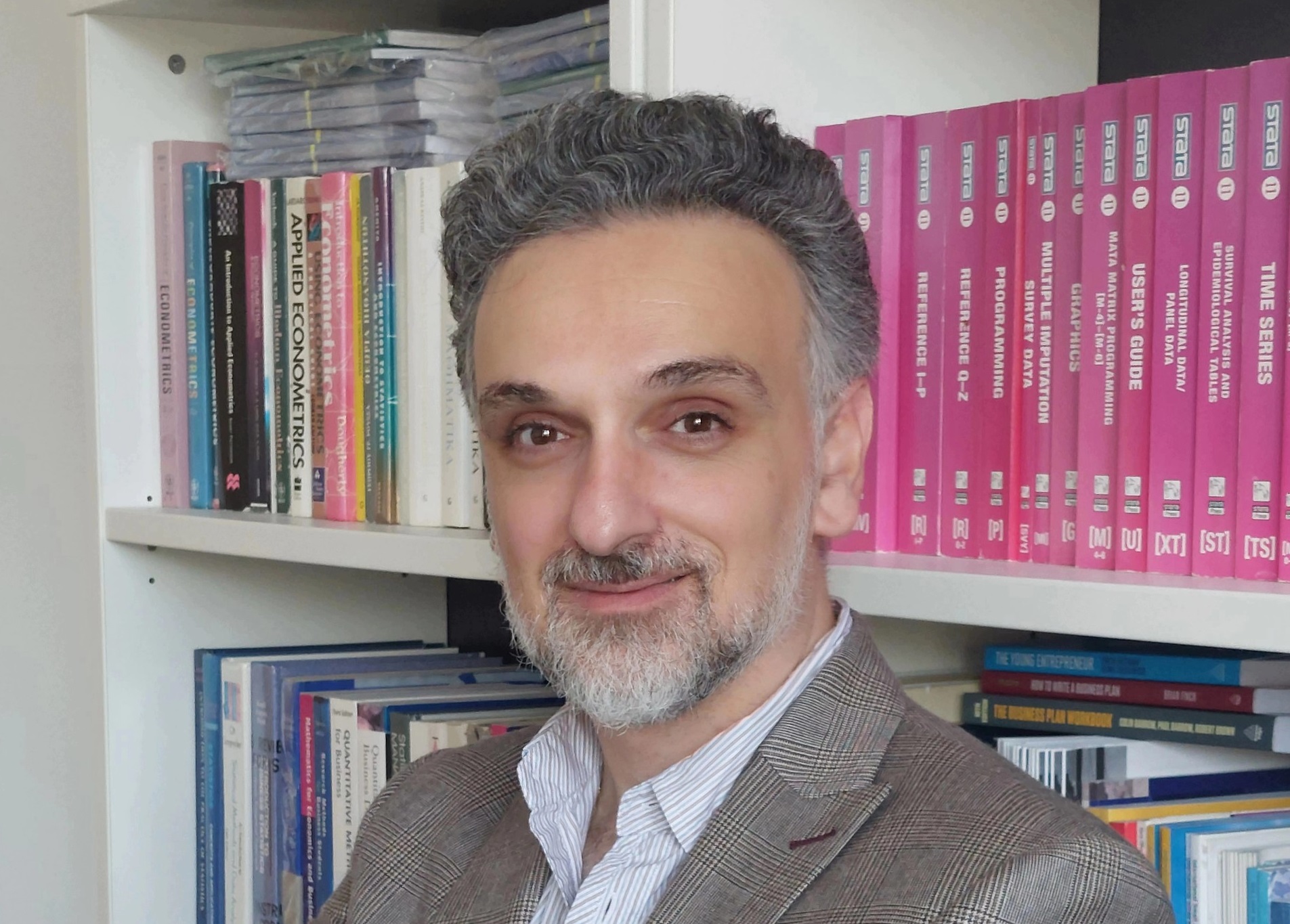At a time when we are called to make critical decisions about the future of humanity, one wonders if today’s elected political leaders and political systems are or can rise to the challenges we face, and about our role in these challenging times.
Undoubtably, humanity has taken many steps forward which, if combined over time, may be characterised as major leaps in various fields (human rights, medicine, technology, sciences, etc.), which should be celebrated.
Refined visions and ideologies based on fundamental virtues followed by united movements for positive changes inspired and led by some incredible and forward-looking (known and unknown) leaders of the past allow us to enjoy and experience good progress in life in various parts of the world; unfortunately, not at the same rate and depth everywhere.
One would expect that the accumulation of knowledge gained over time would have sufficiently tackled, appropriately prevented and cautiously foreseen many of today’s headline challenges and ongoing problems – e.g., climate change, poverty, wars, inequality, to name a few. Some of the reasons for these issues might be our inability to use our own successes for the common good and the misconception of what a happy life may be.
Looking around us (I mean not only our microcosm) we probably see a dim picture, and perhaps some evidence of a human civilization that has lost the compass of its destiny. Human life has become a statistical indicator. If we can demonstrate some progress, this is good enough to keep us going, one may say. However, this encourages short-term thinking, whilst the challenges we face require more longer-term approaches and commitment to important virtues. Similarly, international organisations are more likely to operate in a system where short-term and local interests outweigh the longer-term communal benefits.
Looking at the position of today’s political leaders, for example, the political stance and values become fuzzy. We stand for peace, but we are engaged in a marathon on how to build more sophisticated weapons. We are fighting for global health, but access to it is far from global and we have generated many health crises ourselves. We love freedom of speech, but we have become intolerant of what is contrary to our beliefs and suffer from a rise of political and ideological dogma. We sympathize with the world’s poor, but we aspire to increase our own and our country’s wealth at the expense of others. We fight for equality, fairness etc., but even these ideals seem to be interpreted, exploited and applied differently. We sympathise with climate change, but economic growth pays the bills. We applaud steps of conquering life on other planets, but we cannot maintain, govern and share the one that we are living in.
To meet the challenges of today and the future we need leaders. Leaders who have knowledge (in the sense of the apology of Socrates) and strong ethical codes. Leaders who will care about our young, and humanity as a whole and who will be able to roll up their sleeves to do the work necessary for peaceful societies, where each one of us can give our best to each other. Leaders who will be able to use knowledge and achievements as a weapon for life, creation and sharing. We need leaders in politics, but also at every level of life. This is not asking for a utopia but rather for moral leadership which is increasingly becoming a necessity.
If humanity has any chance of survival, it depends on us and on this type of leader who is hidden inside us, and we have a sacred obligation to uncover our leadership for the sake of humanity. Not for the fame, not for the wealth, not for the power; just for humanity. Hopefully, history will reward you.

